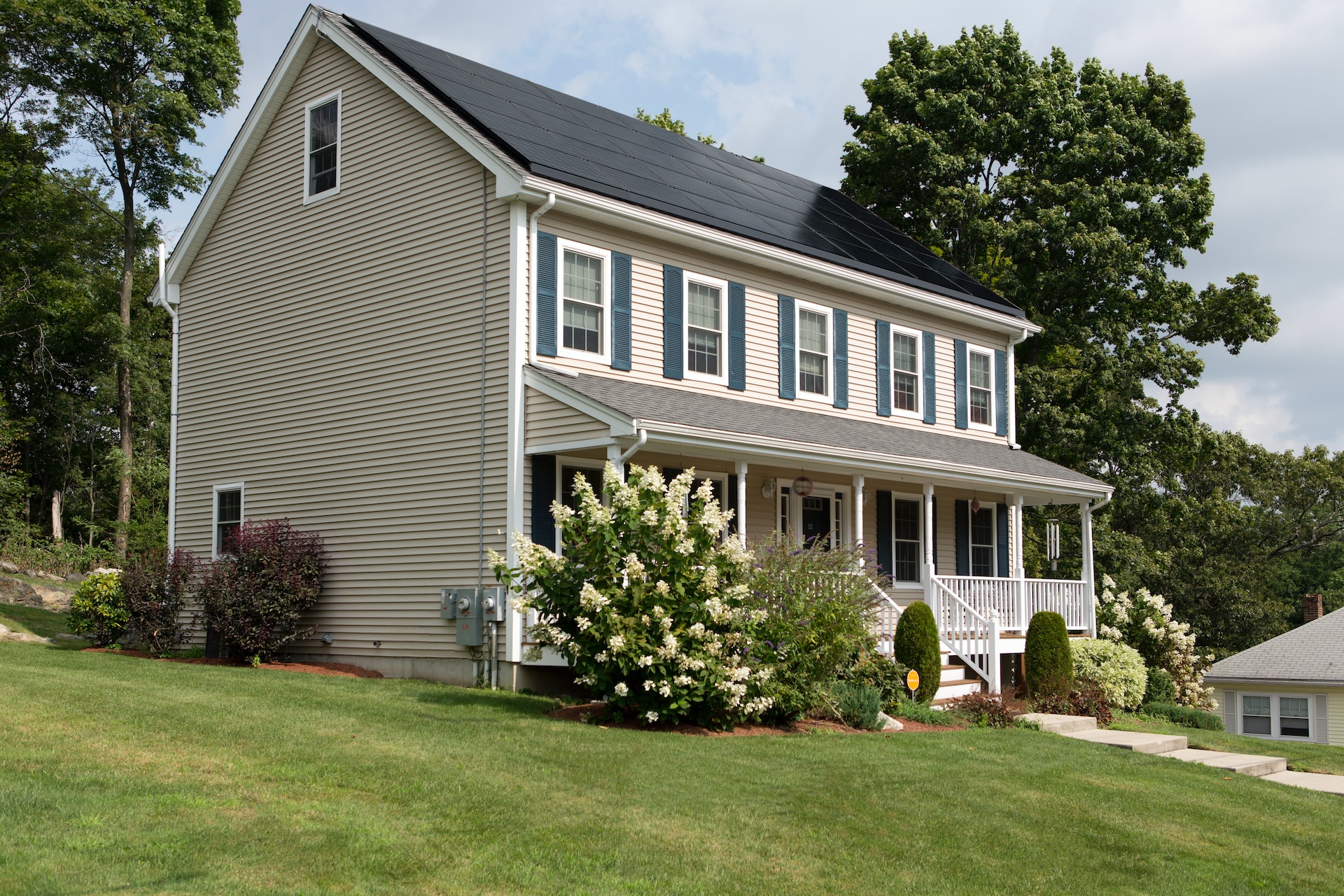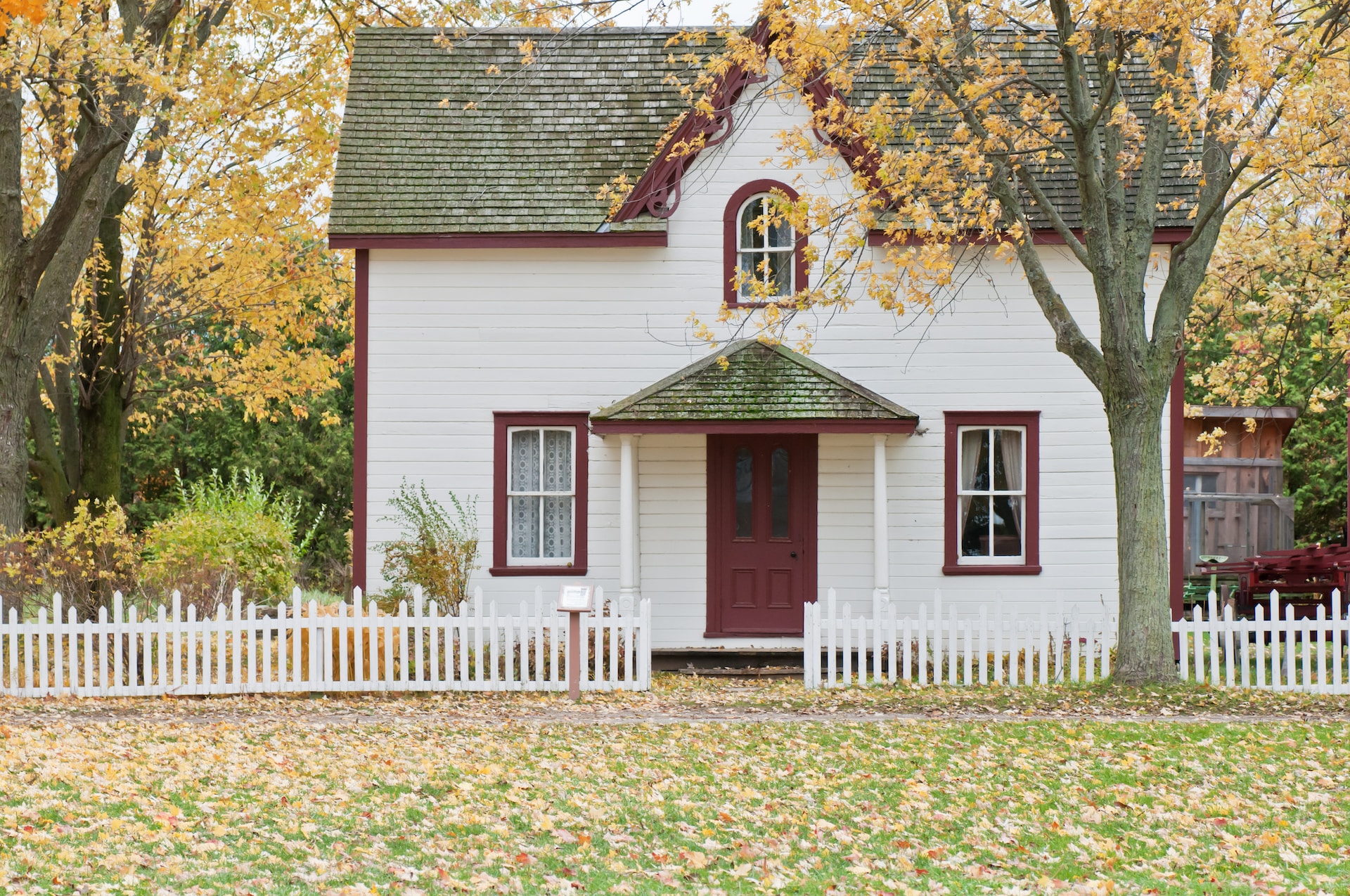Are you considering adding solar panels to your home in Texas? You’re not alone. Texans are already harnessing the power of the sun, and residential solar power has become a popular and cost-effective option for homeowners in the Lone Star State.
But before you make the leap, does home insurance in Texas cover solar panels?
Here, we will explore the key considerations and factors that homeowners with solar panels need to know about their home insurance in Texas, from understanding coverage options to enhancing their policy.
Does Home Insurance Cover Solar Panels in Texas?
If your solar panels are attached to your home in Texas, such as on the roof, they will likely be covered by your homeowners insurance under the dwelling coverage. This coverage protects the physical structure of your home, including any attached structures like roof-mounted solar panels.
However, not all insurance carriers cover damage to roof-mounted solar panels caused by wind or hail. Some policies exclude coverage for these specific perils, so review your policy carefully. If your solar panels are not attached to your home, such as ground-mounted panels or panels on a shed, they may be covered under the other structures coverage.
Considerations for Home Insurance Coverage:
- Check your policy: Review your home insurance policy to determine whether it covers solar panels and any specific exclusions or limitations.
- Communicate with your insurance carrier: Inform your insurance provider about the installation of solar panels to ensure proper coverage and discuss any necessary adjustments.
- Consider increasing coverage: Installing solar panels can increase the value of your home, so ensure you have adequate coverage for the added value. Increasing your dwelling coverage can help protect your investment without a significant change in premium.
- Explore special endorsements: Depending on your needs, you may consider adding special endorsements or riders to enhance coverage for your solar panel system.
Considerations for Leased Solar Panels
Leasing solar panels is a popular option for Texas homeowners who want to enjoy the benefits of solar power without the upfront costs. When it comes to insurance, there are a few key considerations to keep in mind. First, consider the insurance requirements set by the solar panel company. Some companies may provide their own insurance coverage, while others may require you to purchase additional coverage.
If you choose to insure the leased panels yourself, communicate with your insurance provider and inform them about the addition of leased solar panels. This will ensure that your policy is updated to reflect the presence of the panels and provide proper coverage. Additionally, you may need to consider the claim payout limit set by your insurance provider for damages related to the leased panels, such as wind or hail damage.
Enhancing Insurance Coverage For Solar Panels in Texas
There are several factors to consider to ensure you have adequate coverage.
- Replacement Value: As the installation of solar panels can increase the value of your home, it’s important to review your policy’s replacement value. Ensure that the coverage amount reflects your home’s total value, including the solar panels’ added value.
- Liability Coverage: Your solar panel system has the potential to cause injury or property damage. Verify that your policy provides adequate liability coverage. This will protect you if someone is injured or property is damaged due to your solar panels.
- Special Endorsements: To enhance your coverage for solar panels, consider adding special endorsements or riders to your policy. These endorsements can provide specific coverage for perils affecting your solar panels, such as hail or wind damage. Consult with your insurance provider to explore these options.
As solar panel installations become more common in Texas, homeowners must understand the impact on their home insurance coverage. Most homeowners insurance policies do cover solar panels, but it is important to inform your insurance carrier about the installation to ensure proper coverage. To ensure you find the best coverage options for your needs, it is recommended to consult with insurance experts who are familiar with solar installations. They can help you navigate the insurance requirements and find competitive rates.




